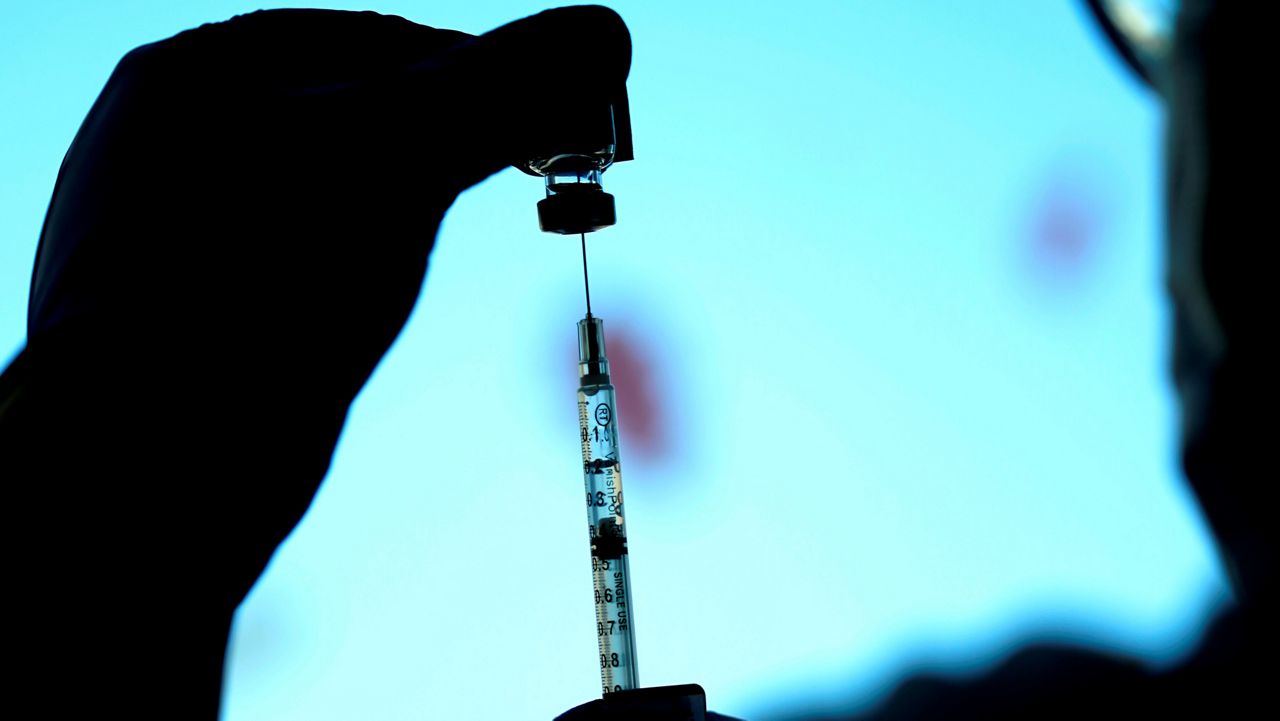Children younger than 5 will have to wait a while longer to get vaccinated against COVID-19.
What You Need To Know
- Pfizer and BioNTech said Friday they are postponing their request to the Food and Drug Administration to extend the emergency use authorization of its COVID-19 vaccine to include children 6 months to 4 years old
- The drugmakers say they now want to wait until they have received the three-dose data, expected in early April, before asking for FDA authorization
- The FDA's vaccine advisory committee's meeting scheduled for Tuesday to discuss Pfizer's application has been postponed and not yet been rescheduled
- If the FDA had approved the original two-dose request, the first shots were expected to have been administered in late February or early March; that timeline is now on hold
Pfizer and BioNTech said Friday they are postponing their request to the Food and Drug Administration to extend the emergency use authorization of its COVID-19 vaccine to include children 6 months to 4 years old.
While the companies have been conducting a clinical trial on two 3-microgram doses, they also have continued to study the impact of a third dose given at least two months after the second.
The drugmakers say the omicron surge has led to more young children being infected and becoming ill from COVID-19, allowing them to collect more data on the effectiveness of their vaccine. They say they now want to wait until they have received the three-dose data, expected in early April, before asking for FDA authorization.
“Given that the study is advancing at a rapid pace, the companies will wait for the three-dose data as Pfizer and BioNTech continue to believe it may provide a higher level of protection in this age group,” a news release said. “This is also supported by recent observations of three dose booster data in several other age groups that seems to meaningfully augment neutralizing antibody levels and real world vaccine protection for omicron compared to the two-dose regimen.”
Pfizer and BioNTech said in December that their trial found that the two-dose regimen did not generate a strong enough immune response in some children. The companies asked the FDA on Feb. 1 to approve the two-dose regimen, but they were expected to return to ask for additional authorization for a third shot.
The FDA said Friday that Pfizer notified the agency that new data had recently emerged regarding its request. The FDA's vaccine advisory committee's meeting scheduled for Tuesday to discuss Pfizer's application has been postponed and not yet been rescheduled.
“This will give the agency time to consider the additional data, allowing for a transparent public discussion as part of our usual scientific and regulatory processes for COVID-19 vaccines,” the FDA said.
Pfizer and BioNTech said the independent Data Monitoring Committee for the study supports their decision and believe the data collected to date support a potential three-dose regimen.,
If the FDA had approved the original two-dose request, the first shots were expected to have been administered in late February or early March. That timeline is now on hold.
If the emergency use authorization is expanded, an additional 18 million children would become eligible to be vaccinated. Federal officials say nearly 400 children under 5 have died from COVID-19.
Pfizer's announcement comes during the same week that several states led by Democratic governors, citing falling COVID-19 case numbers, have announced they are lifting mask mandates in schools and indoor public spaces.



